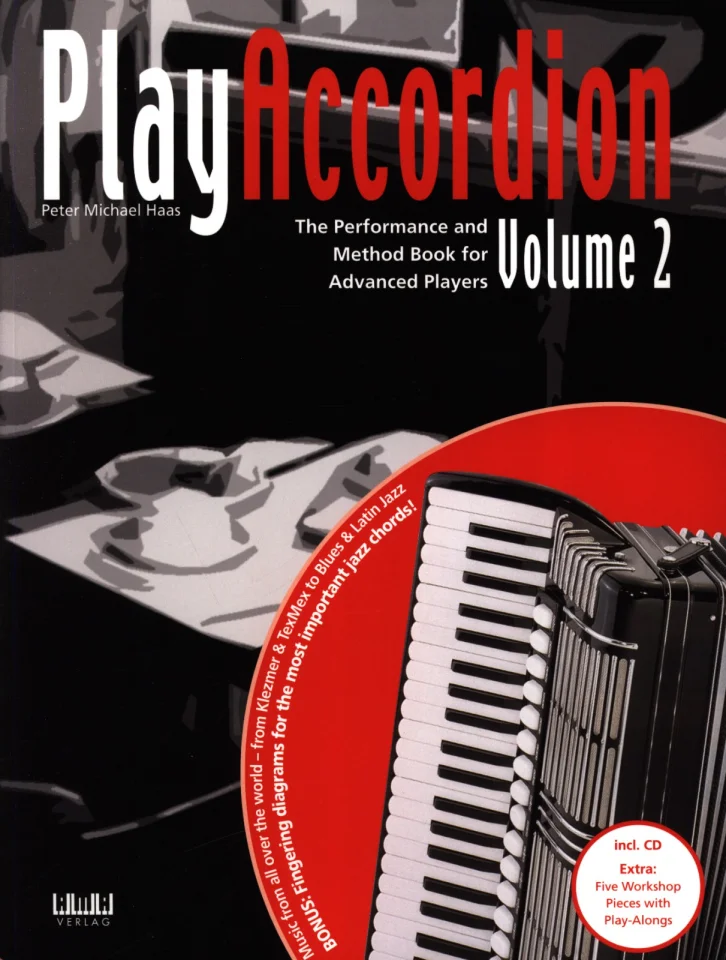Happy girl
Well-known member
- Joined
- Oct 31, 2013
- Messages
- 319
- Reaction score
- 24
I would like to share with you this interesting website 20 Best Accordion Book Reviews 2020 (Best Books to Learn Accordion) - CMUSE & also to ask advice which you would recommend as my next step of study.
I have completed Accordion Course Melodic Adventure in Bass Land & am currently half way into The Mighty Accordion,
I have completed Accordion Course Melodic Adventure in Bass Land & am currently half way into The Mighty Accordion,
My focus is to gain understanding & knowledge rather than just to throw out a tune.
Although I have passed grade five accordion exams I have been stuck on book 4 of the Palmer Hughes book for ever; to me the books are somewhat tedious, so progress is slow.
What do you think, where should I go from here?

